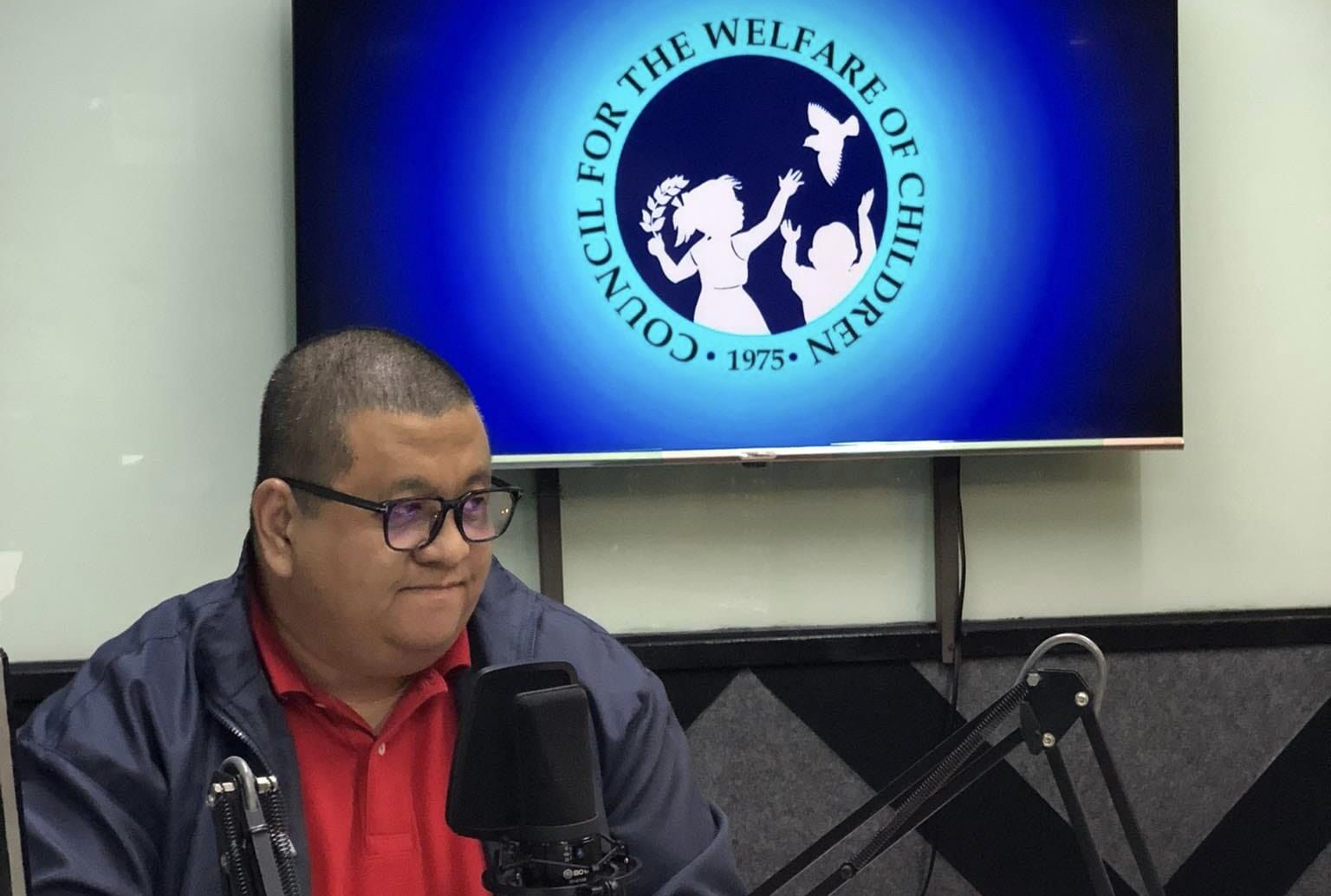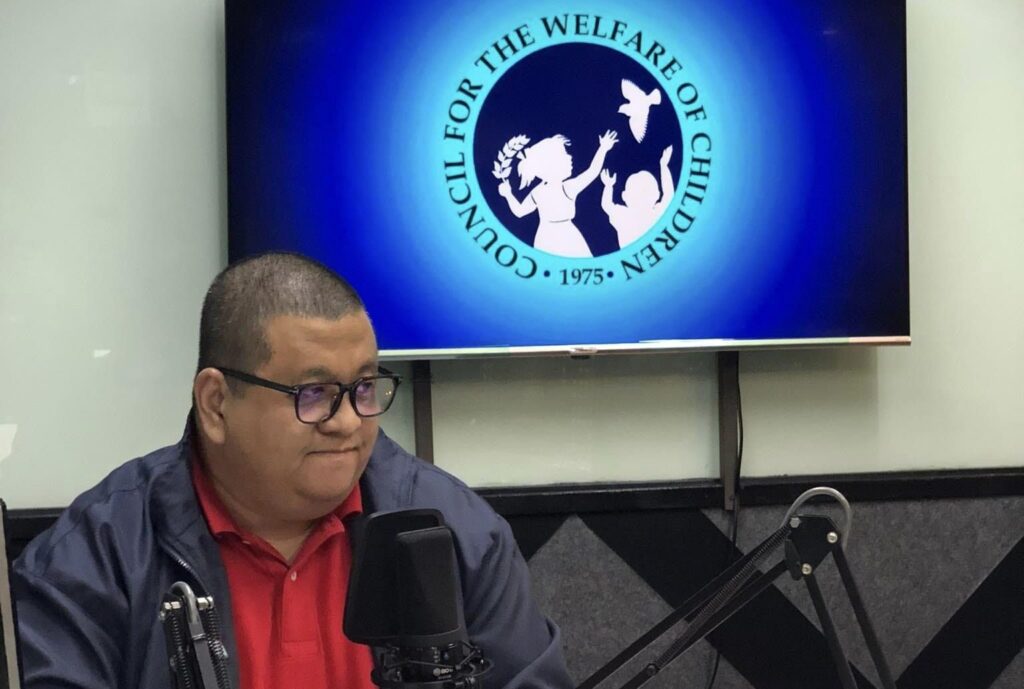
CWC executive director and DSWD Usec. Angelo Tapales —Usec Angelo Tapales Facebook page
MANILA, Philippines — The Council for the Welfare of Children (CWC) has appealed to parents and pageant organizers not to hold beauty contests for minors, saying such exposure puts them at risk of being sexually objectified or targeted by sexual predators.
Angelo Tapales, executive director of the CWC, an agency under the Department of Social Welfare and Development (DSWD), said the council had received reports of certain child pageants that “may have gone beyond the bounds of propriety.”
“[These] may subject children to online sexual abuse or exploitation of children (Osaec) and other [forms] of abuses,” he said in a text message.
READ: Solons OK with stiffer child abuse penalties; lukewarm on jailing parents
‘Toxic beauty standards’
Tapales, however, said the council was still looking into specific beauty contests where the young contestants were exposed to such situations.
The CWC said on Friday it was disturbed by the possible exposure of child beauty contestants to physical and emotional danger.
READ: Abuse victims in Cebu City get free education, job training
“These contests put them at risk of [exposure to] people who have ill intentions of putting their images up in child sexual abuse and exploitation materials,” the agency said in a statement.
While such events may be seen as “innocent,” the participants, who are dressed and made up like adult women, may also be subjected to public judgment based on looks and, worse, to sexual objectification, the CWC said.
These may lead to the youth being pressured into meeting the “toxic beauty standards” of society, the council added.
READ: DSWD chief warns negligent fathers
“Apart from the risk of exploitation, joining child pageants can have a harmful effect on a child’s self-esteem, body image and psychological well-being,” it added.
The CWC urged pageant organizers as well as parents to take “concrete actions that will protect the children.”
Growing trend
Earlier this year, the council and other like-minded groups issued a warning about the increasing dangers of child exploitation, particularly on the internet.
Apart from the threat of sexual predators, there are also Osaec cases committed against children by fellow minors who get away with “sextortion” or sexual “initiation” activities, according to nongovernmental organization Center for Prevention and Treatment for Child Sexual Abuse.
The group cited a growing trend in online sexual abuse cases involving “child to child” abuse—usually a boy and a girl in a supposed romantic relationship, as well as boys who perform sexual acts as a sort of initiation to “prove their manhood.”
